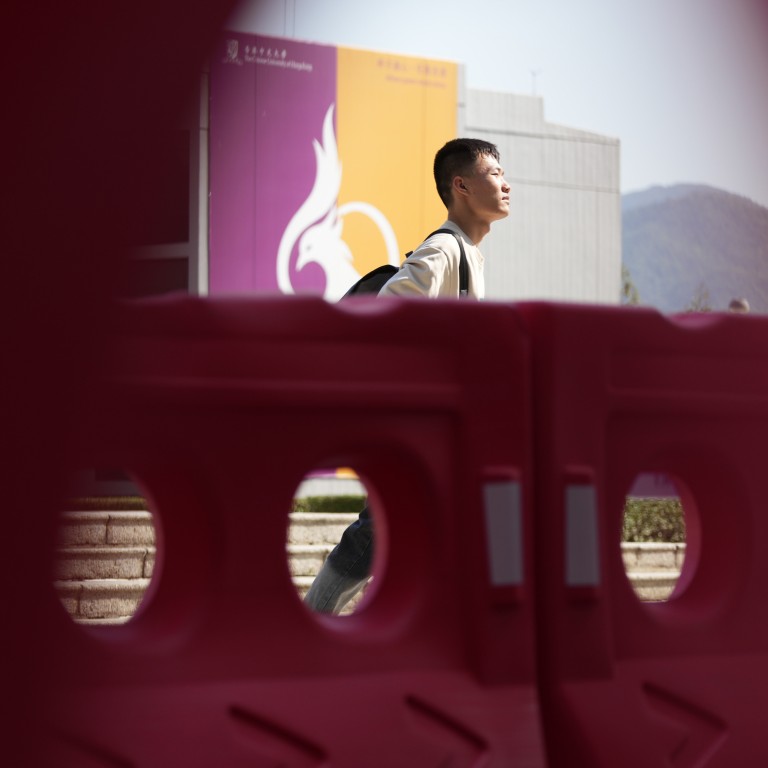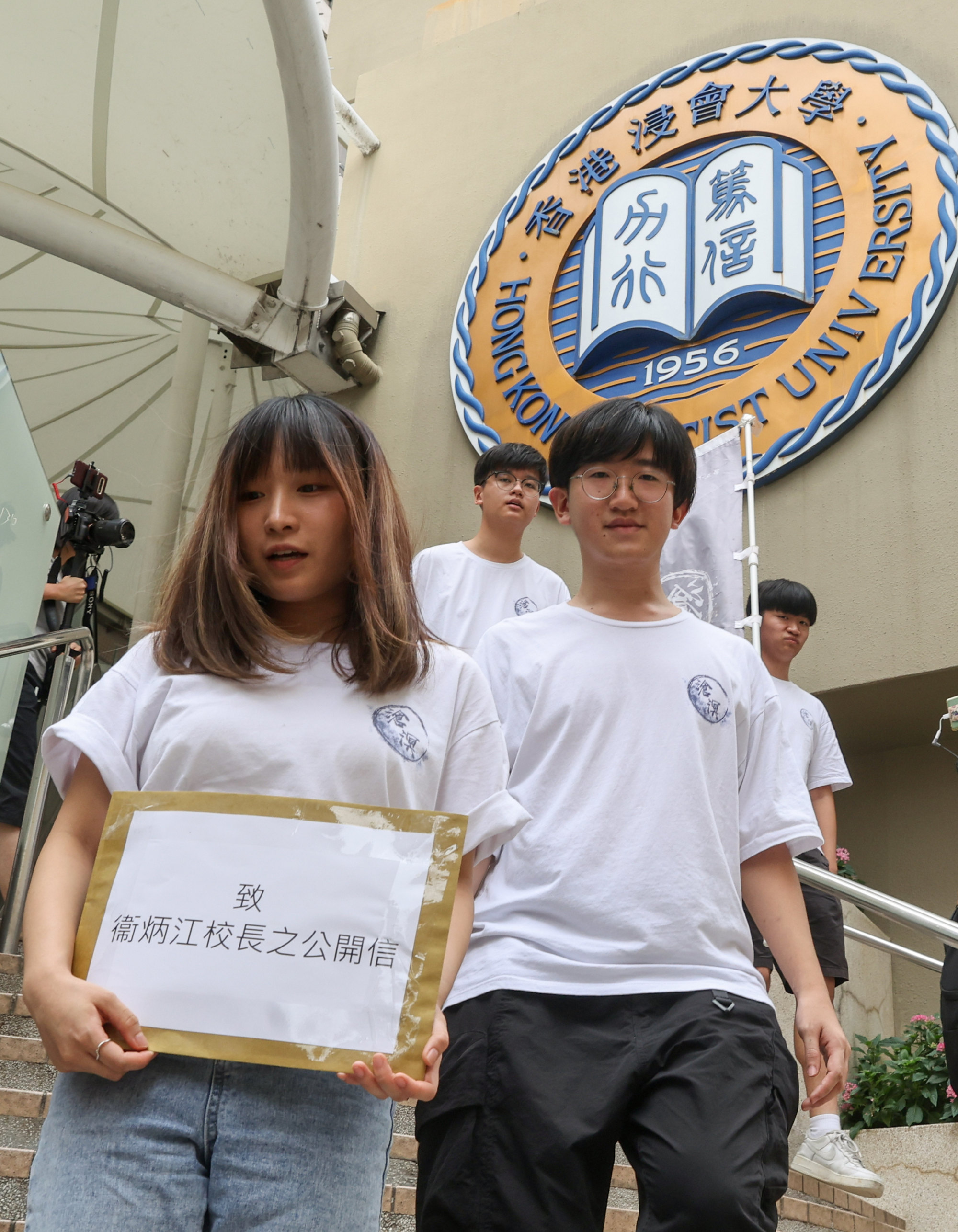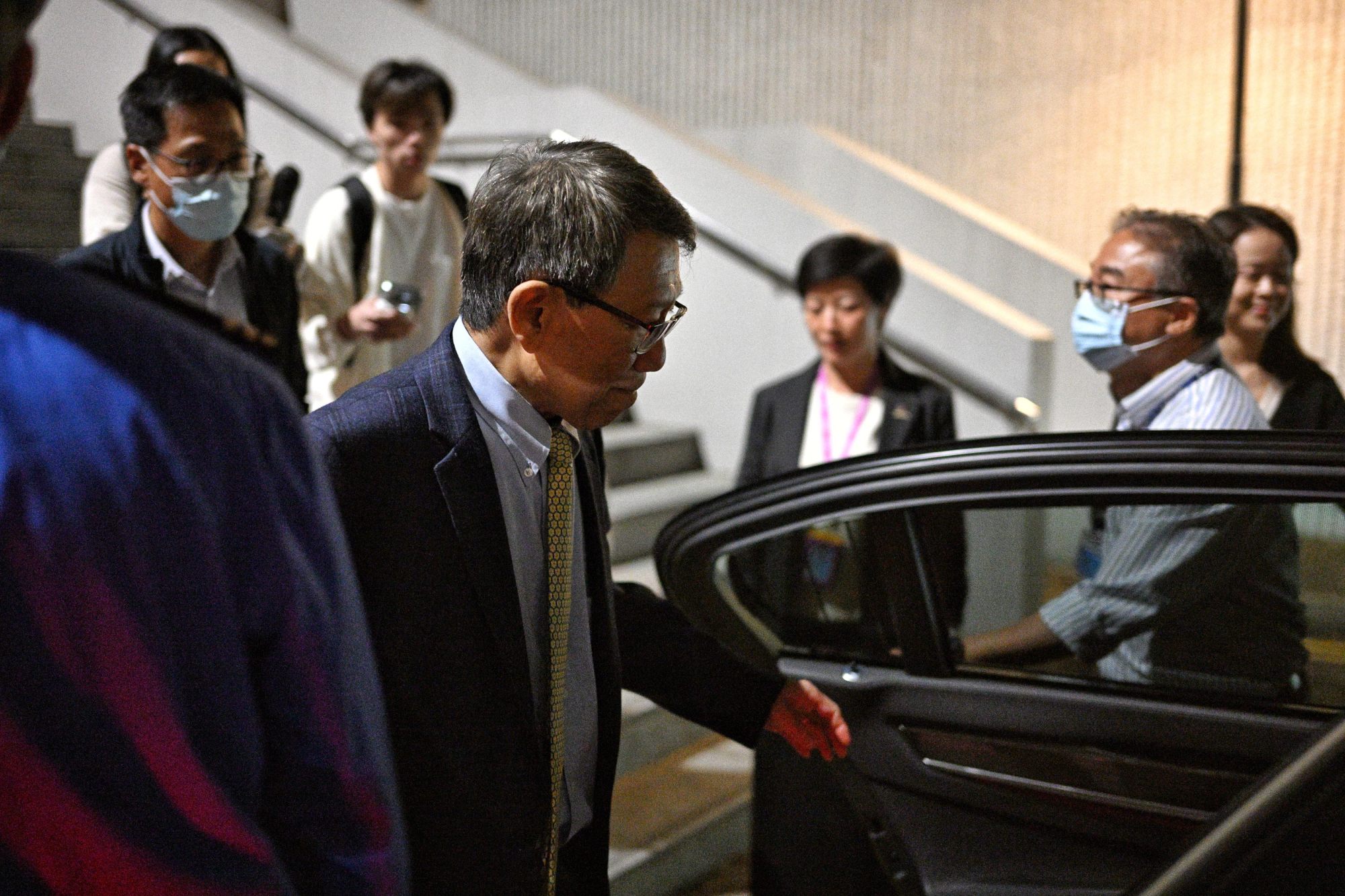
To attract world’s best, Hong Kong universities must remain free and open
- The marginalisation of student unions, political interference and lack of consultation over reforms has fed a feeling of shrinking academic freedom and autonomy
Our universities attract both top research talent and students from around the globe and are an important platform for the city to maintain its connections with the international community. To attract the best scholars and researchers to our universities, Hong Kong must safeguard their academic freedom and institutional autonomy. Recently, however, the city’s tertiary education sector has faced several challenges.
Yet, universities and student unions used to have a collaborative relationship on issues such as managing campus affairs, improving the learning environment and enhancing teaching quality.
Student unions also provided a platform for nurturing future leaders – many government officials, business leaders and political figures were active members of their student unions. Marginalising our student unions and restricting student participation can only be detrimental to the holistic development of Hong Kong’s undergraduates.

Campus management, previously the responsibility of scholars, specialists and even students familiar with campus affairs, is increasingly being entrusted to people outside the university.
This raises concerns about undue political interference in Hong Kong’s universities, from teaching policies and personnel arrangements to academic freedom and the room for academic pursuits.

Concerns have been raised over the concentration of power in the hands of administrators, weakening the participation and autonomy of the academic community. In an academic environment, it is imperative to involve teachers, scholars and other campus members in safeguarding academic freedom, as their perspectives and professional insights enrich and balance decisions.
Protecting academic freedom requires ensuring there is sufficient participation and transparency in organisational changes to uphold the rights and values of the academic community. An open and participatory institutional culture is essential. Ignoring stakeholders can cause dissatisfaction with organisational decisions, affecting the academic environment and the exercise of academic freedom.
Can Hong Kong’s top universities attract overseas students, scholars?
There has been a wave of resignations. In the 2021-2022 academic year alone, more than 360 scholars left the eight government-funded universities in Hong Kong, resulting in a turnover rate of 7.4 per cent, the highest since 1997.
If our universities can no longer uphold academic freedom and institutional autonomy, they will be unable to help the city in its goal of attracting global talent.
Dr Tik Chi Yuen is a legislative councillor in the social welfare functional constituency

